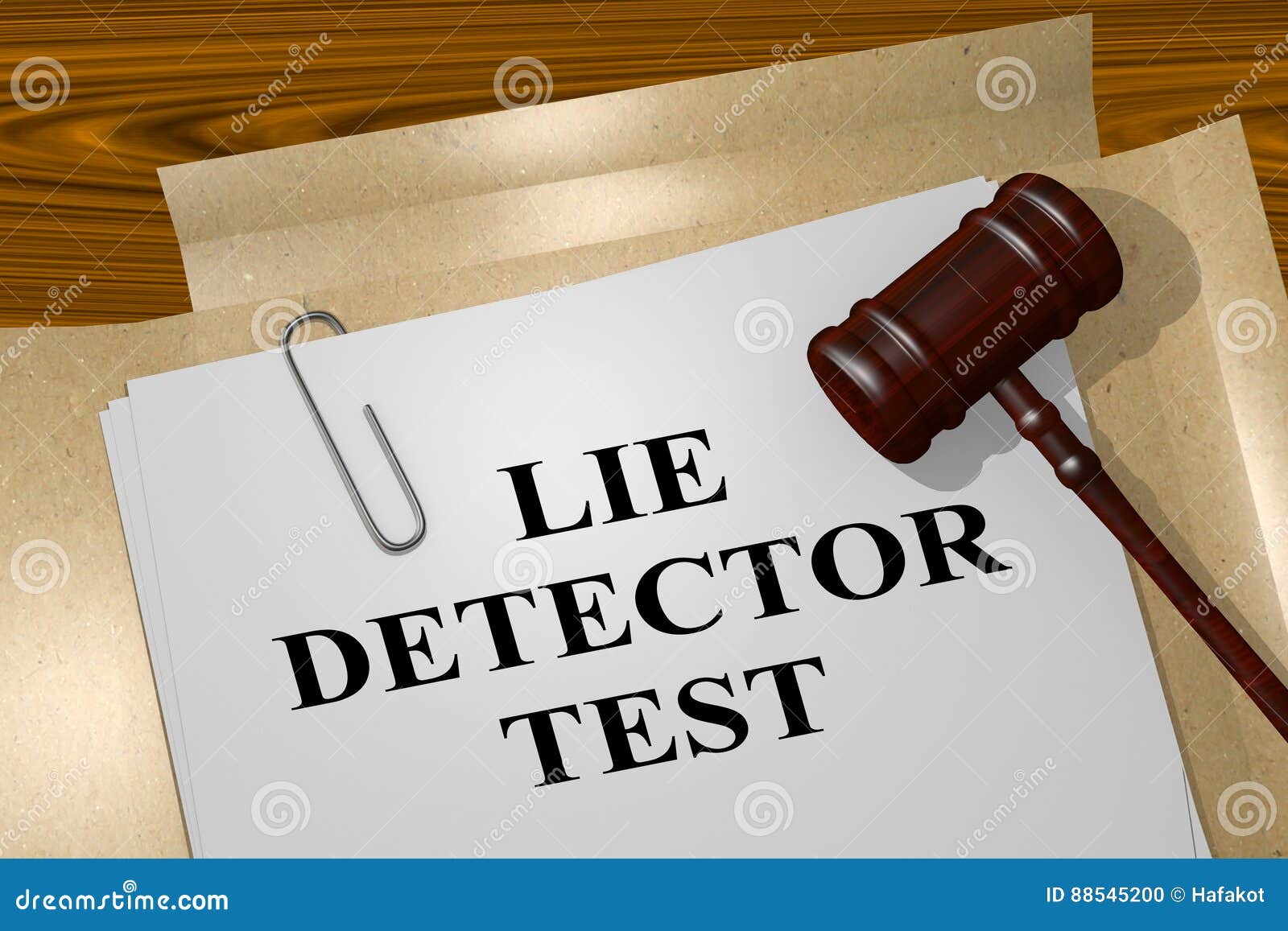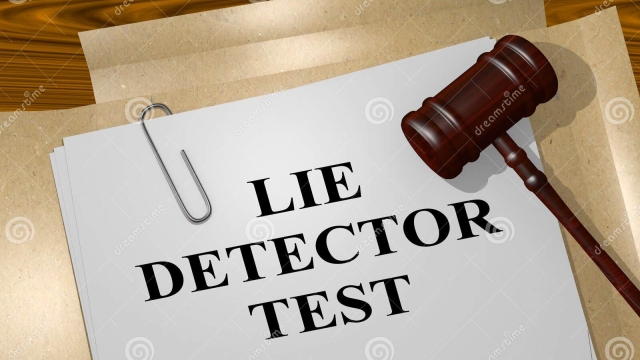
In a world where truth is often obscured by deception, the lure of lie detector tests holds a tantalizing promise – a scientific means to distinguish fact from fiction. The polygraph, as it is more formally known, has long been regarded as a reliable tool in uncovering deceit. Law enforcement agencies, employers, and even reality TV shows frequently rely on its perceived accuracy in discerning the honesty of individuals under scrutiny.
Despite its widespread use and public faith in its capabilities, lie detector tests remain shrouded in controversy and skepticism. Critics argue that the polygraph’s potential for error and manipulation raises serious questions about its reliability as a genuine indicator of truth-telling. As we delve deeper into the intricacies of lie detector tests, the veil of certainty begins to lift, revealing a complex and nuanced landscape that challenges conventional beliefs about deception detection.
History of Lie Detector Tests
Lie detector tests have a long and controversial history. They date back to the early 20th century when different methods were first used to detect deception. The first polygraph machine was invented by John Augustus Larson in 1921, ushering in a new era of technological advancements in lie detection.
The initial polygraph machine measured physiological responses such as heart rate, blood pressure, and respiratory rate to determine if a person was lying. Over the years, various modifications have been made to improve the accuracy and reliability of lie detector tests. Despite these advancements, the validity of polygraph results continues to be a topic of debate among scientists and practitioners.
In recent decades, advancements in technology have led to the development of computerized polygraph systems that claim to offer more precise and objective results. However, the use of lie detector tests remains controversial, with critics arguing that they are not foolproof and can be influenced by factors such as anxiety or stress.
Accuracy of Lie Detector Tests
Polygraph
When it comes to the accuracy of lie detector tests, there is much debate surrounding their reliability in detecting deception. Critics argue that these tests are not foolproof and can be influenced by various factors such as the anxiety levels of the subject or the skills of the examiner.
Proponents of lie detector tests, on the other hand, maintain that when conducted by trained professionals in controlled settings, these tests can provide valuable insights into a person’s truthfulness. They believe that physiological responses measured during the tests, such as changes in heart rate and sweating, can indicate when someone is being deceptive.
Ultimately, the accuracy of lie detector tests may vary depending on numerous factors, including the specific technique used, the experience of the examiner, and the individual differences in how people react to stress. While these tests can be a tool in certain investigations, it is essential to exercise caution and not rely solely on their results when making important decisions.
Ethical Concerns
Lie detector tests have long been controversial due to their questionable accuracy and potential to infringe on individual rights. Critics argue that relying on such tests to determine someone’s truthfulness can lead to false accusations and unfair judgments. The idea of using a machine to measure honesty raises serious ethical concerns about privacy and personal autonomy.
Moreover, the use of lie detector tests in legal settings can create an unequal playing field, especially for individuals who may be more susceptible to the test’s flaws. There is also the risk of coercion, as some individuals may feel pressured to submit to a test even when they are innocent. This raises important questions about the ethical implications of using such technology as a determinant of guilt or innocence.
In addition to these concerns, the very nature of lie detector tests as tools for uncovering deception has sparked debates about their ethical use in various contexts. In situations where the stakes are high, such as employment screenings or criminal investigations, the reliability of these tests becomes even more crucial. As we unravel the myths surrounding lie detector tests, a deeper examination of their ethical implications is essential in ensuring fair and just outcomes.


